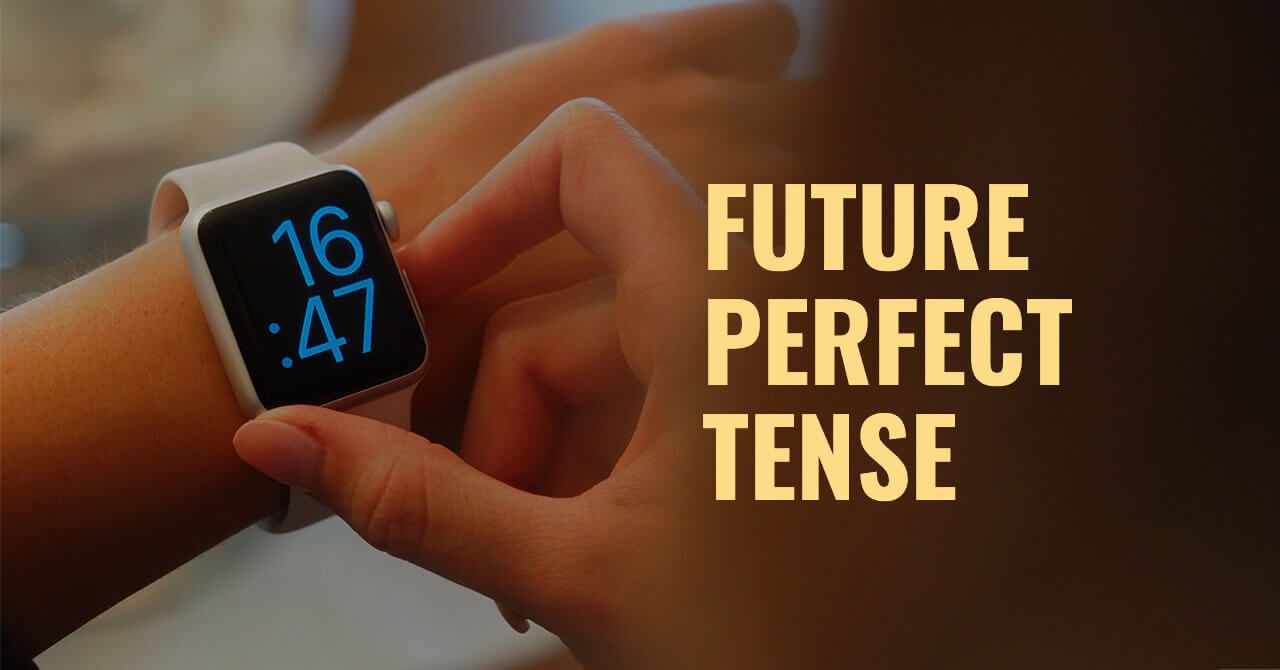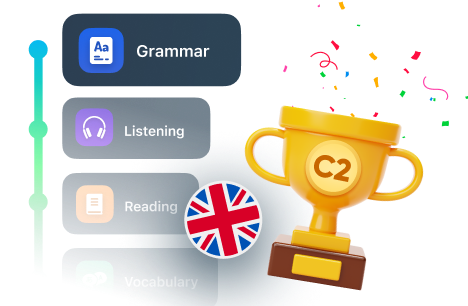
How to Use Future Perfect Tense Correctly
The future perfect tense is one of the twelve basic English tenses with its own usage and rules you need to follow to use it correctly. Although it’s not as common as future simple or present perfect, there are still instances that require using it so you can avoid possible misunderstandings.
The future perfect tense is one of the twelve basic English tenses with its own usage and rules you need to follow to use it correctly. Although it’s not as common as future simple or present perfect, there are still instances that require using it so you can avoid possible misunderstandings.
Knowing the future perfect tense definition is not enough to use it properly, so we’re going to explain when to use it, how to form it, and share examples of what the tense looks like. All this will help you understand and use it like a native English speaker.
What is the Future Perfect Tense?
In other words, we use it to talk about something in the future that has a deadline, and we make sure the deadline is mentioned, whether specifically like “at 9 AM” or vaguely like “next month.”
Example:
Two days from now, I will have arrived in the US.
Her parents will have left the house before we come.
The actions in the examples “arrive” and “leave” will happen and end in the future. The first one will end at a certain point in the future—“two days from now,” and the second before another future action—“before we come.”
Future Perfect Tense—When to Use It and When to Avoid It
Use this tense when you want to point out that the action that’s going to happen in the future is going to end at a certain time in the future, for example, “at midnight,” “next Tuesday,” or before another future action.
Tom will have left before the wedding.
Avoid it when talking about future actions whose deadline is irrelevant or unknown and therefore not mentioned at all. In this case, use future simple tense.
Tom will leave early.
Simple Future vs. Future Perfect Tense
Even though both tenses are used to talk about actions or events that will take place in the future, they have different use cases and formulas.
With future simple tense, we talk about planned or unplanned actions in the future. We don’t have to mention any deadline, so we don’t know when or if the action will ever end. We add only “will” before the main verb to form this tense.
With future perfect tense, however, we use prepositional phrases like “from now,” “by the time,” “already,” “before,” “when,” “as soon as,” etc., to indicate that the future action will end at a certain time in the future or before another future action.
I’ll write an essay.
vs.
I will have written an essay before my friends arrive.
Future Perfect Tense Formula
The future perfect tense is future verb tense, so there’s “will” to indicate we are talking about the future. However, the aspect of the verbs in this tense is perfect, so there’s also “have + past participle” to indicate the action is completed, or more exactly, will be completed in the future.
So the future perfect tense formula is “will have + past participle.” Whether the subject is singular or plural, the formula is the same.
When I travel to Taiwan, the rainy season will have ended.
How to form negations and questions with Future Perfect Tense
To form a negation with future perfect tense, just add the negation word “not” between “will” and “have.” You can also change “will not” with the contraction “won’t.”
He will not have slept for 12 hours when he arrives.
They won’t have finished the project by tomorrow.
To form a question with this verb tense, start with “will” and continue with the subject, followed by have + past participle.
Will you have completed your garden restoration before the party?
Will you have bought all the building supplies already?


















